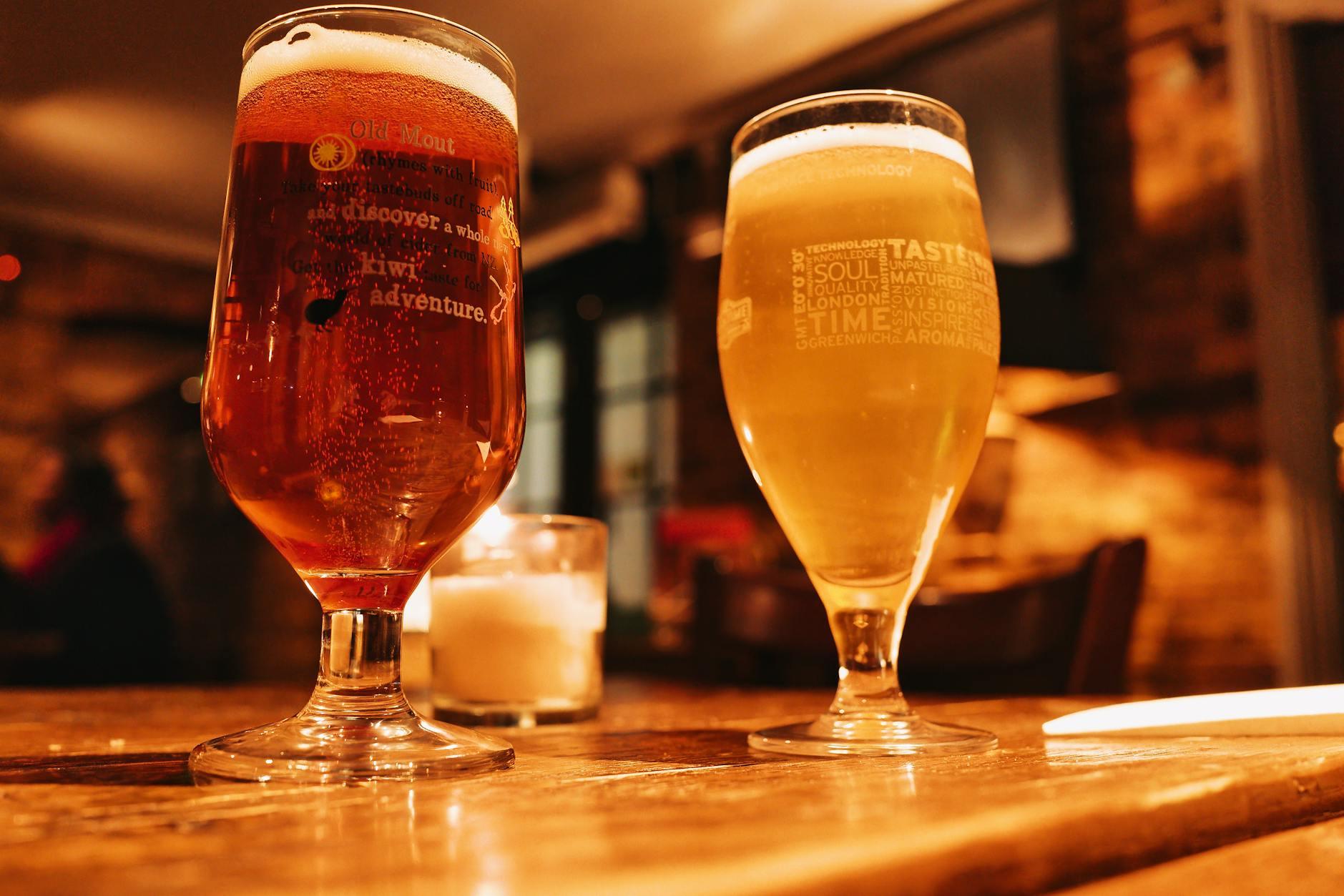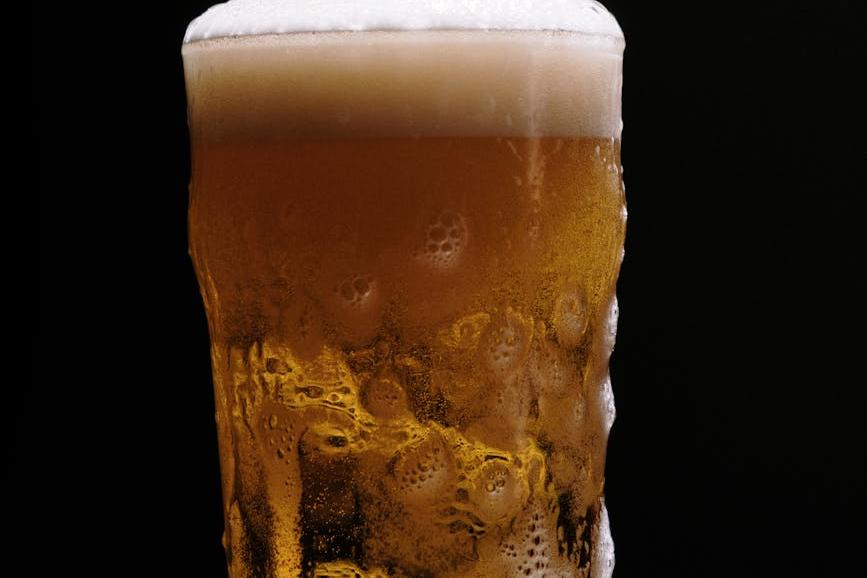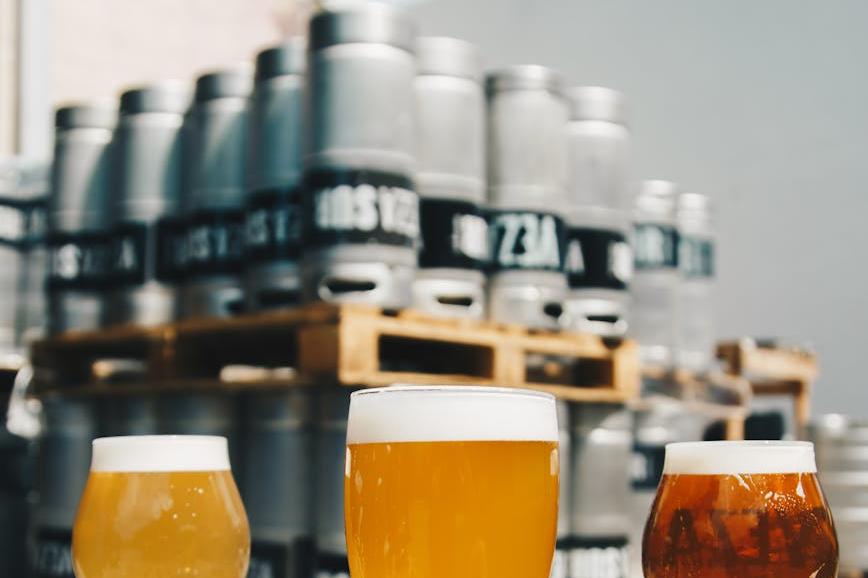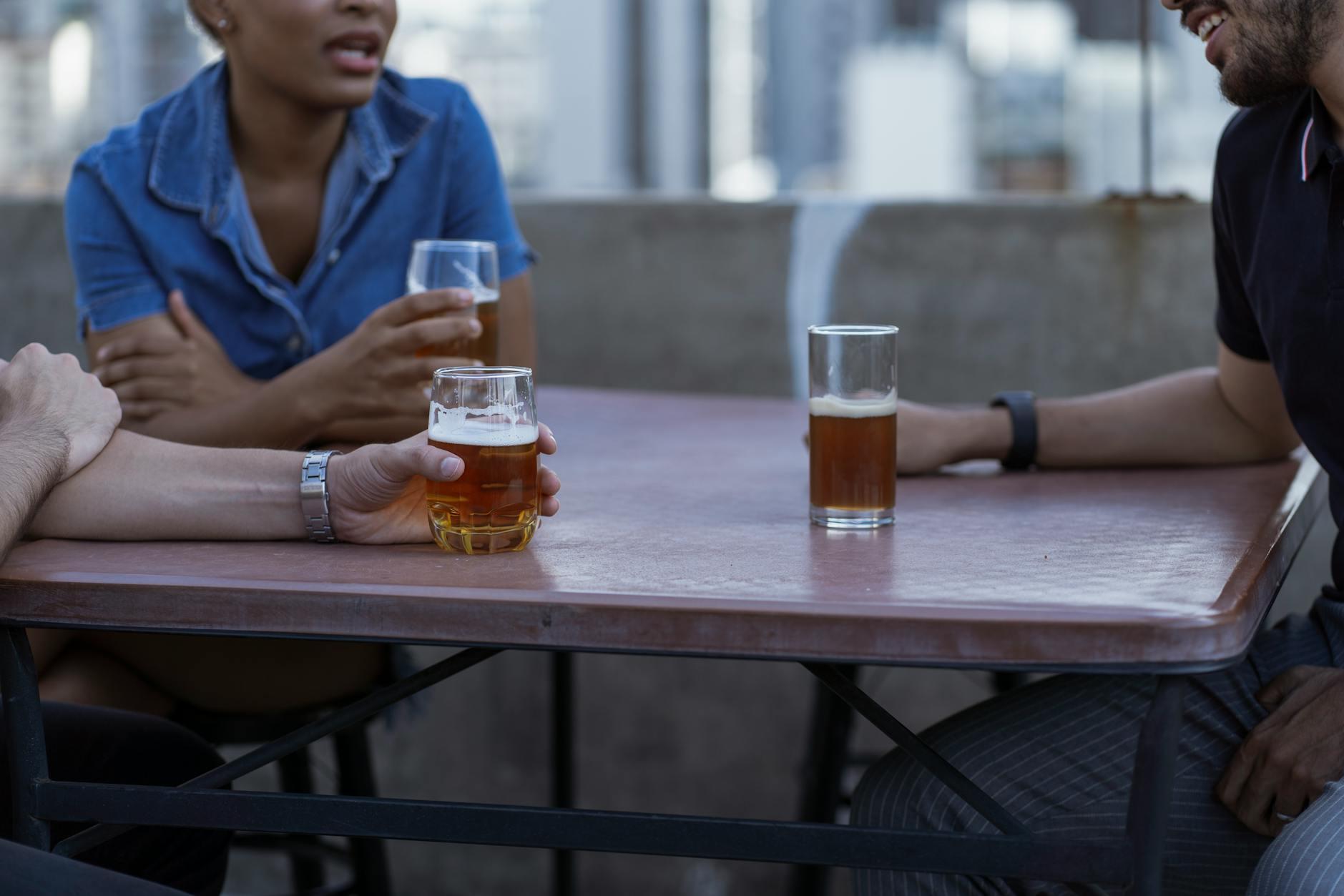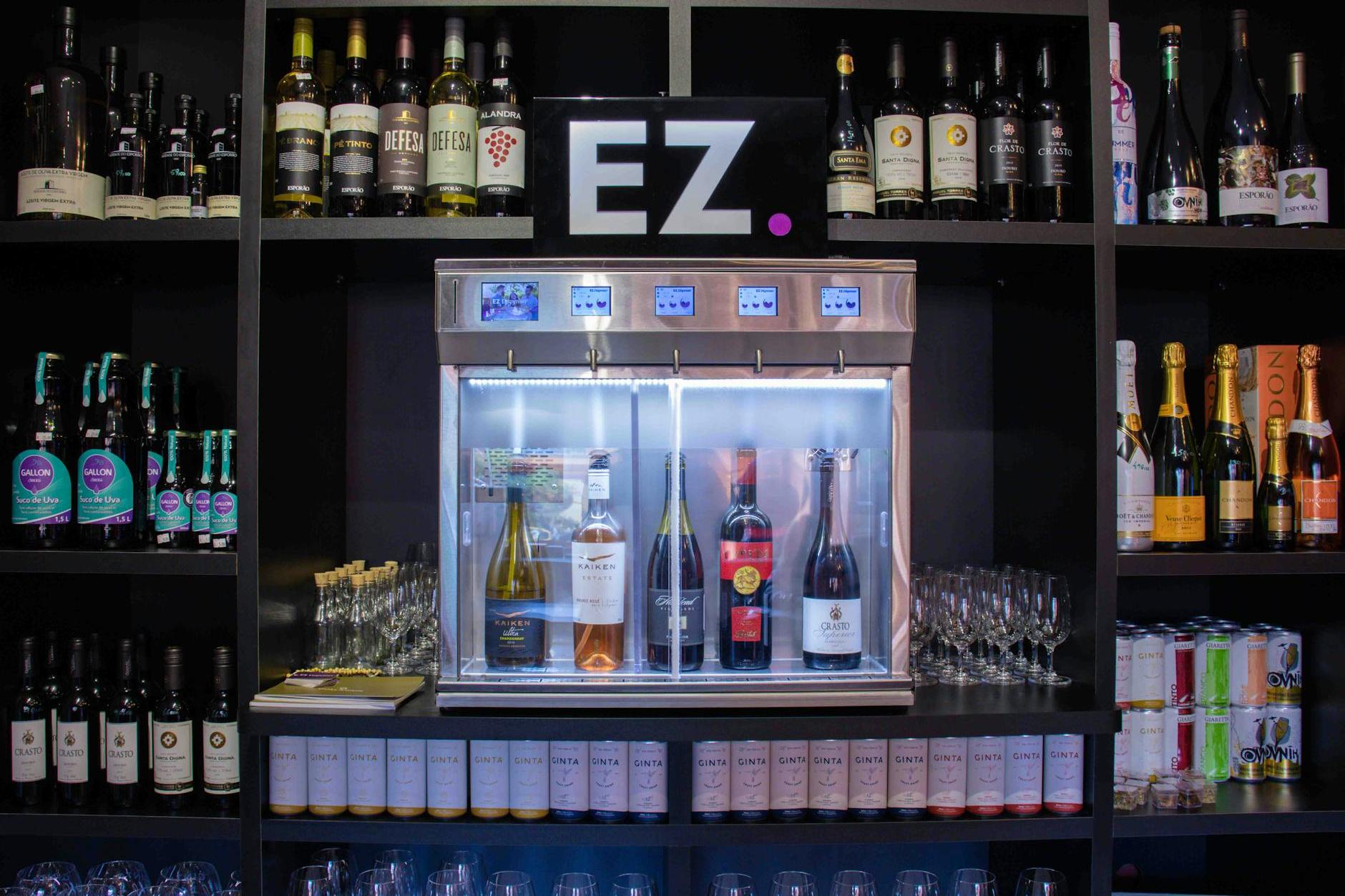- Shanghai Zhongshen International Trade Co., Ltd. - Two decades of trade agency expertise.
- Service Hotline: 139 1787 2118
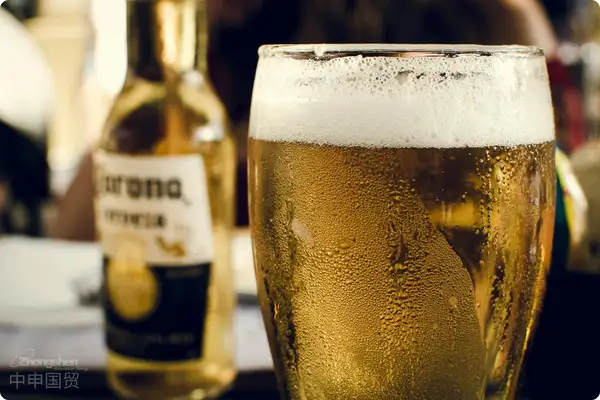
Contents
ToggleWhen Craft Beer Meets Chinese Customs
Last year, I handled a typical case for a client: a German craft beer brand already had distribution channels in China, but a new agent, in an effort to cut costs, used "Cross-border E-commerce"The company imported 200 cases of beer through the 'method'. However, due to the failure to obtain the 'Alcohol Distribution License', the goods worth 150,000 yuan were detained at the port for 28 days, ultimately resulting in late declaration fees and storage costs that were 12% higher than the value of the goods. This painful lesson tells us—"Imported beer agency is far more complex than just signing contracts and making payments.
Three Critical Lines for Qualification Review
- Hidden Requirements in Business Licenses:
- The business scope must include "alcohol sales" (many companies overlook this during registration).
- Imported food requires prior filing of Importer Record of Imported Food
- Special categories such as high-alcohol beer (alcohol content ≥10% vol) require additional approval
- Compliance certification of overseas breweries:
- Manufacturers must be on the GACC (General Administration of Customs of China) registration list (verifiable on GACC website)
- Beer from Muslim countries requires non-halal certification
- Organic certification transition period must be at least 3 years (common pitfall for small European breweries)
Six Key Points of Localization Transformation
This year when handling customs clearance for Belgian beer for a Shenzhen client, we discovered: 3 products in the same shipment containedElderflower extractThis falls under the category of "novel food ingredients" in China. Ultimately, we opted for split declarations, with the 200 boxes containing special ingredients processed through the sample channel, while the rest underwent normal customs clearance, saving 86,000 yuan in testing fees. This case highlights two key points:
| Risk points | Response plan | Cost impact |
|---|---|---|
| Additive overlimit | Pre-composition pre-review | Testing costs reduced by 70% |
| Transport temperature out of control | Full temperature control records + backup power | Cargo damage reduced by 90% |
The fatal temperature in warehouse management
We once used infrared thermal imaging to inspect a bonded warehouse and discovered that seemingly constant-temperature storage rooms had3℃ temperature stratification: The bottom pallets were affected by floor heating reaching 8℃, while the top layer was only 5℃ due to cold air sinking. For monastery beer requiring 2-6℃ storage, this environment would cause:
- Protein precipitation rate accelerated by 3 times
- Excessive carbon dioxide solubility
- Premature aging of bottle cap sealing rings
The solution is to install miniature circulation fans for each row of shelves. Although warehousing costs increase by 15%, customer repurchase rates improve by 40%.
Hidden costs in distribution channels
A northeast client initially imported 5,000 cases of Czech beer and chose traditional supermarket channels for distribution. After 3 months, it was discovered that:
- 30% of retail outlets lacked refrigerated display cabinets
- 15% of products were exposed to direct sunlight
- Losses from near-expiry products reached 23%
After adjusting our strategy, we shifted to targeted supply for hotpot chains + craft beer bars, throughCold storage immediately upon receiptControl the loss within 5% as per the terms.
Are you still falling into these pitfalls?
- "Just get the Chinese label and stick it on after arrival to save shipping costs" → Wrong! If the customs inspection finds discrepancies between the inner and outer packaging information, the goods will be directly returned.
- "It's more cost-effective to use a freight forwarder's tax-inclusive channel" → Danger! By 2025, customs will have established a liquor price database, and underreporting will be strictly checked.
- "Just declare it as a food product name" → Wrong! It must be explicitly declared as "beer" with the malt concentration indicated.
A recent case we handled for a Hangzhou client is more representative: A Japanese limited edition draft beer was not declared.Copyright fee for artistic bottle design, and was deemed by customs as having inaccurate price declaration. We ultimately prevented cargo confiscation by providing auction house appraisal certificates. This detail once again confirms—The success of imported beer agencies lies in every overlooked compliance detail..
Related Recommendations
? 2025. All Rights Reserved. Shanghai ICP No. 2023007705-2  PSB Record: Shanghai No.31011502009912
PSB Record: Shanghai No.31011502009912
